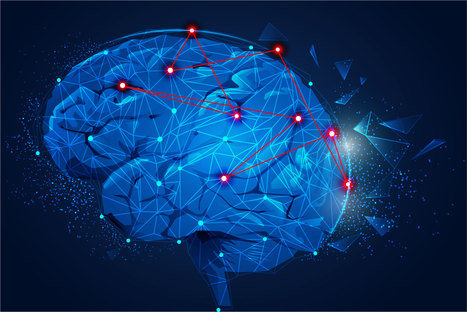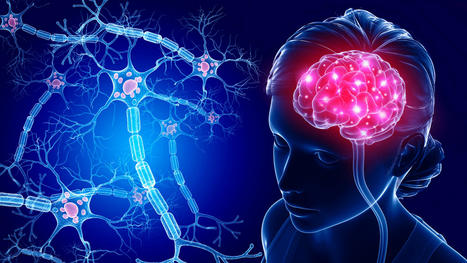Introduction
The central nervous system’s main function is to make sure that the neuron signals are being transmitted all over the entire body. These neuron signals make sure that not only the body is functioning properly but the gut, the immune system, the endocrine system, and even the brain itself are doing their jobs. These neuron signals must have a bidirectional connection with the brain in order to make the body move, feel and sense things throughout a person’s day. When there are unwanted pathogens that enter the body and attach themselves to the neuron signals, they can travel to the brain and cause neurodegenerative diseases to develop over time if they are not treated. Luckily there are some therapeutic options like peptide therapy to help dampen the effects of neurological diseases in the brain. In this article, we will be taking a look at what are peptides, how they affect neurodegenerative diseases, and how they help the brain. By referring patients to qualified and skilled providers who specialized in neurological services. To that end, and when appropriate, we advise our patients to refer to our associated medical providers based on their examination. We find that education is the key to asking valuable questions to our providers. Dr. Jimenez DC provides this information as an educational service only. Disclaimer
Can my insurance cover it? Yes, in case you are uncertain here is the link to all the insurance providers we cover. If you have any questions, please call Dr. Jimenez at 915-850-0900.
What Are Peptides?
In the body, there are molecules and antibodies that make sure that the body is functioning properly. Research studies have shown that peptides represent a unique class of pharmaceuticals compounds that are the foundation of all cellular processes. Peptides have been on the “fringes” of medicine until recently. In the past, they had a few problems that made them unaffordable due to their high cost, limited availability, and their short half-lives. However, that changed as peptides became more Pharma driven, have improved the bioavailability, and have recombinant technology and genetic engineering. Other studies have shown that peptides have been receiving increased interest since they possess favorable tissue penetration and the capability to engage with endogenous receptors in the body. What this means is that peptides can be versatile tools to help release the active components from food protein sources and provide the body health benefits that it needs.
Peptides For Neurological Disorders
Since neurological disorders are selective and progressive in the brain, research studies have found that peptides can provide therapeutic mechanisms that may be effective in dampening the symptoms and slowing down the onset progression of neurodegenerative disorders. Other beneficial factors that peptides can provide to the body include:
- Growth hormone supportive
- Neuroprotective/Neuroregenerative
- Decreases microglial inflammation
- GUT‐BRAIN axis support
- Immune supportive
Other research studies have shown that since peptides are small molecules that are composed of amino acids that are linked to peptide bonds, they have the ability to reach different locations in the body that are complicated to access and provide treatment to neurological disorders.
The information herein is not intended to replace a one-on-one relationship with a qualified health care professional, licensed physician, and is not medical advice. We encourage you to make your own health care decisions based on your research and partnership with a qualified health care professional. Our information scope is limited to chiropractic, musculoskeletal, physical medicines, wellness, sensitive health issues, functional medicine articles, topics, and discussions. We provide and present clinical collaboration with specialists from a wide array of disciplines. Each specialist is governed by their professional scope of practice and their jurisdiction of licensure. We use functional health & wellness protocols to treat and support care for the injuries or disorders of the musculoskeletal system. Our videos, posts, topics, subjects, and insights cover clinical matters, issues, and topics that relate to and support, directly or indirectly, our clinical scope of practice.* Our office has made a reasonable attempt to provide supportive citations and has identified the relevant research study or studies supporting our posts. We provide copies of supporting research studies available to regulatory boards and the public upon request.
We understand that we cover matters that require an additional explanation of how it may assist in a particular care plan or treatment protocol; therefore, to further discuss the subject matter above, please feel free to ask Dr. Alex Jimenez or contact us at 915-850-0900.
Dr. Alex Jimenez DC, MSACP, CCST, IFMCP*, CIFM*, ATN*
email: coach@elpasofunctionalmedicine.com
Licensed in: Texas & New Mexico*



 Your new post is loading...
Your new post is loading...









Dr. Jimenez gives an insightful look at how peptides can be useful for neurodegenerative disorders in the brain. If you have any questions or concerns, please call Dr. Jimenez at 915-850-0900.